Sesame seed is one of the favorite spices of people for thousands of years already. It is a traditional accompaniment to a meal in oriental cuisine. Just a spoonful of sesame seeds makes a man more vigorous. Besides being rich in vitamins, it is also very tasty.
History of the sesame seed
Sesame seed is perhaps the oldest condiment known to man, dating back to 1600 BC. It was deeply valued for its oil which is exceptionally resistant to rancidity. "Open Sesame" is a famous phrase from the book "1001 Nights" and reflects the distinctive ability of the sesame to dissolve its cocoon when it reaches its mature phase. The scientific name for sesame seed is Sesamun indicum.
Sesame is a small, flat, oval seed with a delicate flavor. They may have a different color depending on their species. There are white, yellow, red and black sesames.
Sesame seed is deeply valued for its high content of sesame oil, which is extremely resistant to spoilage.
It is assumed that sesame originated in India as first mentioned in Indian legends, in which it was a symbol of immortality. Indian sesame seed spread to the Middle East, Africa and Asia.
Today, the largest producers of sesame are India, China and Mexico.

Composition of sesame seed
Sesame seed is not only an excellent source of copper and manganese, but also a very good source of magnesium, calcium, iron, phosphorus, vitamin B1 and dietary fiber. In addition to these valuable minerals and vitamins, sesame contains two unique ingredients - and sesamine sesamoline. Sesame seeds are rich in zinc and tryptophan. Only a quarter cup is needed, to provide 74% of the daily requirement of copper, 35% calcium and 32% of magnesium.
Selection and storage of sesame seeds
- If you buy sesame seeds packed, look if the packaging is airtight.
- If possible, smell the sesame to make sure that it is not off.
- If sesame seeds are not stripped, they can be stored in a cool, dry and dark place. If peeled, they can be stored in refrigerator or freezer.
Culinary use of sesame seeds
Sesame seeds are a major component of tahini (sesame seed paste) and the beloved cake of Central Europe - halva. Sesame is accessible.
Sesame seed is a wonderful spice that can be added to a number of dishes, giving them depth and flavor. Home baked goods are irresistible with a spoon, or two sesame seed. Combines well with lemon and honey. Add sesame seeds to the dough for buns, or cakes. You can sprinkle it on steamed vegetables or salads. Make chicken skewers more delicious, just roll them in sesame seeds.
Another option to prepare a delicious chicken to mix sesame with vinegar, honey and garlic and coat the chicken before baking. You can easily mistake sesame seeds for buns. Put a few spoonfuls in a dry pan and bake them for 1-2 minutes until lightly browned. As such, it becomes a wonderful decoration for pretzels or seasoning for rice dishes. You can mix them with mayonnaise and turkey or tuna and smear them on sandwiches.
Benefits of sesame seeds
Sesaminate and sesamoline belong to the group of so called lignans, which have a cholesterol lowering effect and increase the stock of vitamin E. This protects the liver from the adverse effects of oxygen.
- Rich in minerals. Sesame seeds are a very rich source of copper, magnesium and calcium, which in turn have the following health outcomes:
- Copper provides relief for rheumatoid arthritis. The effectiveness of the copper is due to the fact that it is an essential trace mineral, playing an important role in anti-inflammatory and antioxidant enzymes.
- Magnesium supports cardiovascular and respiratory health. It is very useful in cases of air spasms in arrhythmia, lowers high blood pressure and restores normal sleep in women during menopause.
- Calcium helps protect against colon cancer, osteoporosis and migraine.
- Zinc is very important for bone health. Contained in sesame seed zinc is an especially good solution for men in old age. While it is considered that the osteoporosis is characteristic of postmenopausal women, it appears that it is a potential problem for older men, which means that they must include it in their diet.
- Phytosterols present in sesame seeds, lower blood cholesterol. Phytosterols are compounds which are found in plants and have a chemical structure similar to cholesterol. When present in our diet in sufficient quantity, they reduce the cholesterol levels in the blood and increase the response of the immune system to the risk of certain cancers.
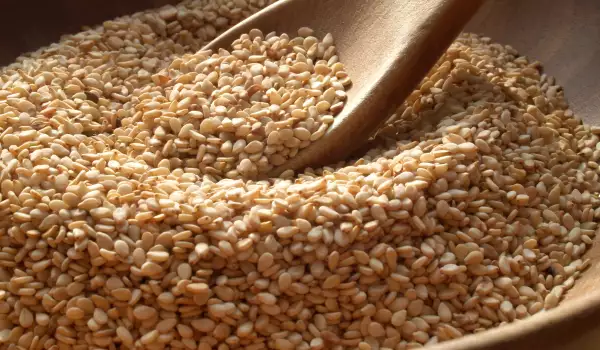

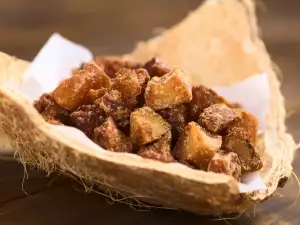
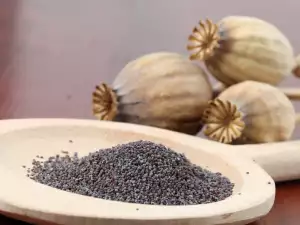
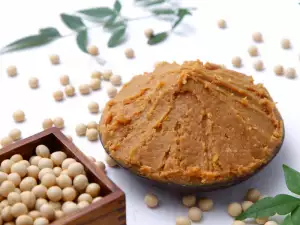
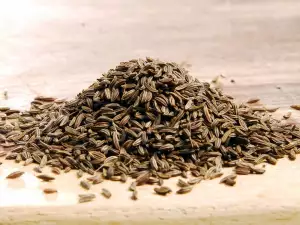
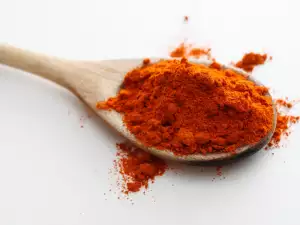

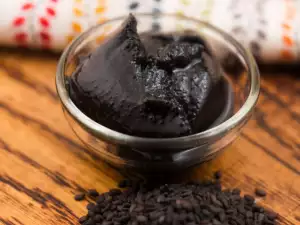

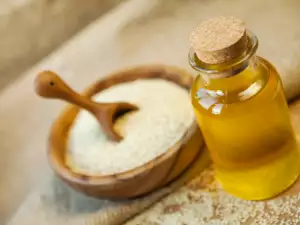
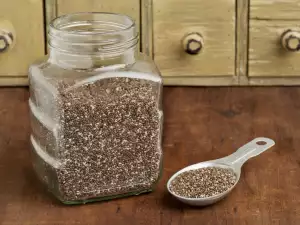
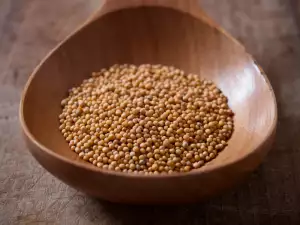
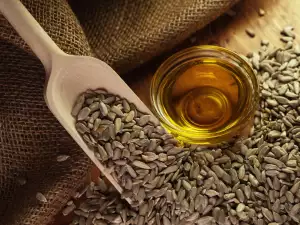
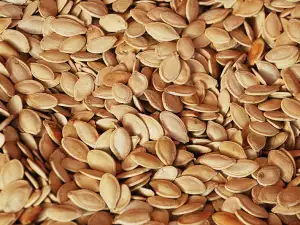





Comments